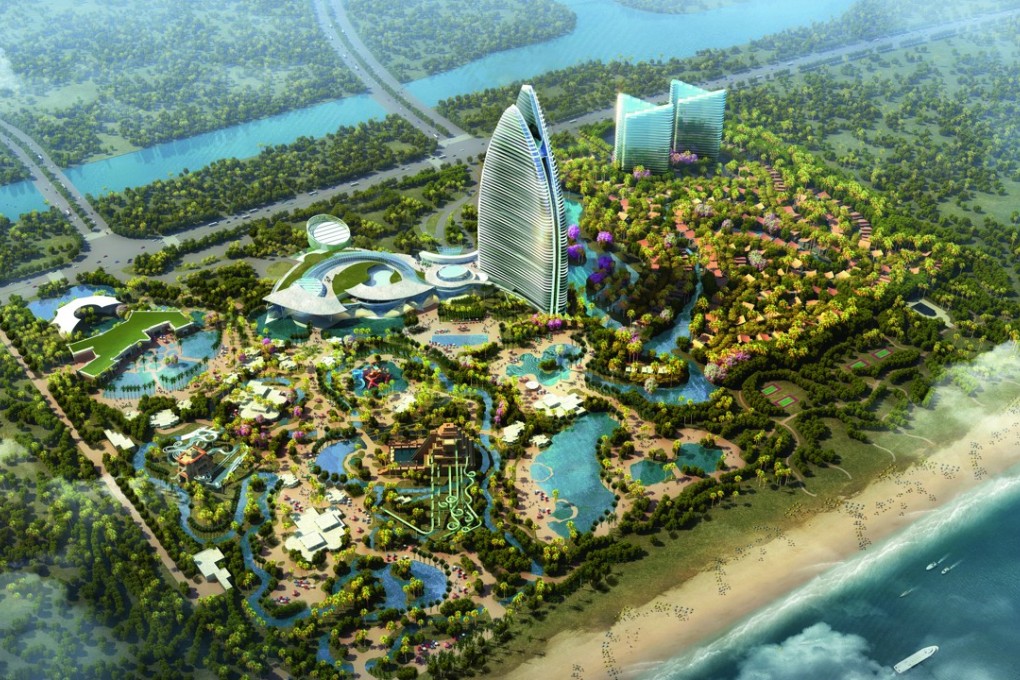China’s Fosun seeks to clone success of Dubai project in Atlantis Sanya

China’s acquisitive conglomerate Fosun Group is betting on a luxury resort in the southern seaside city of Sanya, hoping to clone the success of a related comprehensive resort project in Dubai.
The island destination, also known as “China’s Hawaii”, will mark the opening of the Atlantis Sanya in April, according to Qian Jiannong, chairman and president of Fosun’s tourism unit.
The project takes its inspiration from the Atlantis, The Palm, in Dubai.
The Dubai hotel project generates around US$600 million in annual revenue, according to Qian.
“We are very positive on the revenues the resort, named Atlantis Sanya, could bring,” said Qian on the sidelines of the South China Morning Post’s China conference on Thursday. “We have full reason to believe that it would reach similar revenue targets as Dubai’s Atlantis, The Palm.”
Atlantis, The Palm is located at the apex of the Palm Jumeirah in the United Arab Emirates. It was the first resort to be built on the island in 2008 as a joint venture between Kerzner International Holdings and Istithmar.
Atlantis, Sanya was invested in and constructed by Fosun, and is operated and managed by Kerzner International.